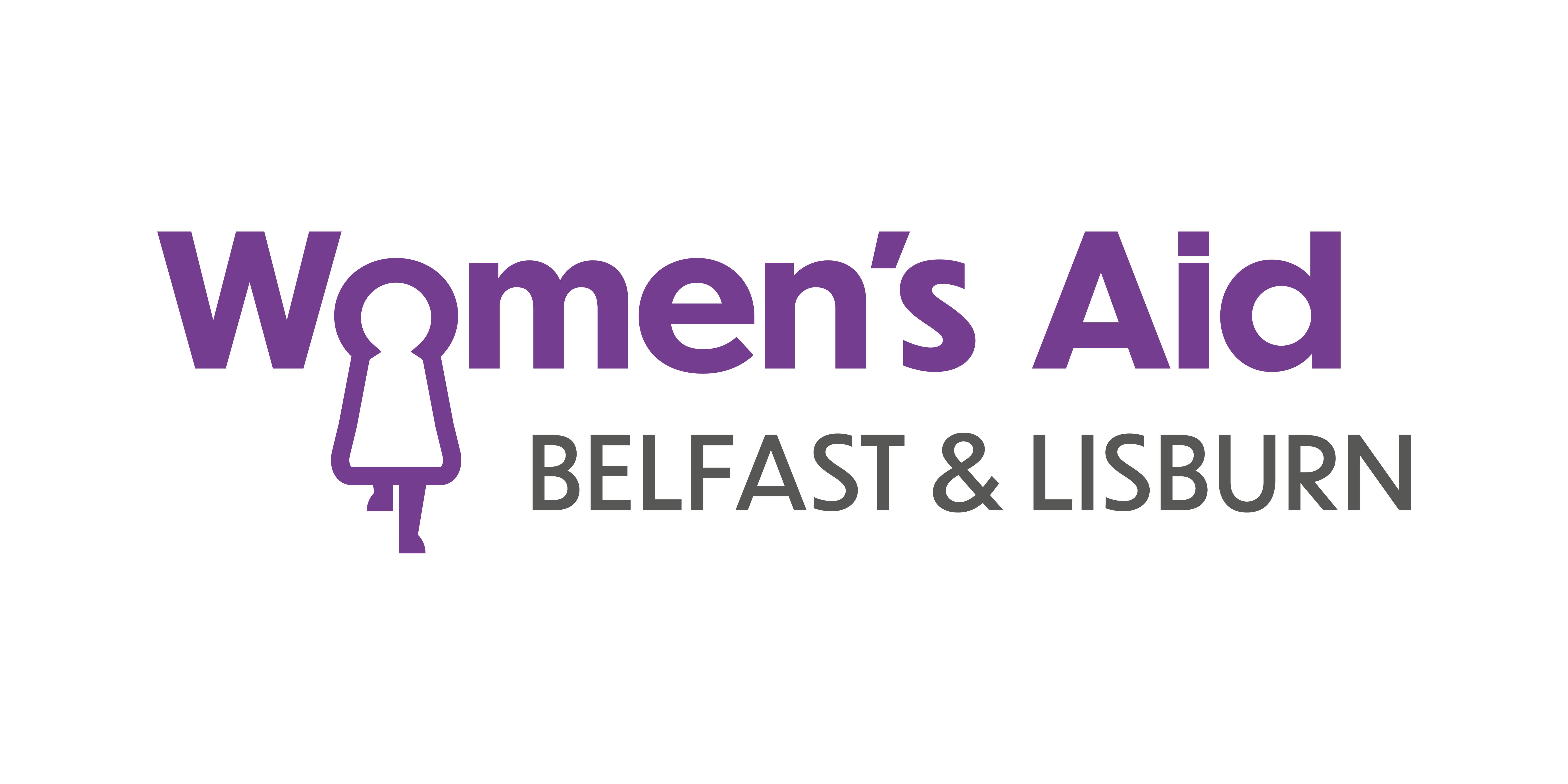Am I being emotionally abused?
This is a question you may have asked yourself before, in previous relationships or in your current one. Maybe you’ve noticed that your partner or someone you’re dating is treating you unfairly, speaking down to you or being manipulative in what they’re saying to you. Or, perhaps you’ve wondered about a friend, family member or colleague’s relationship, and whether that is emotionally abusive. It’s important to know is that emotional abuse can be extremely subtle and difficult to notice, even in our own relationships. We’ve likely all heard of obvious “red flags” in relationships, but would we know how to spot the more subtle signs of emotional abuse? Read on to find out more…

Emotional abuse definition
Firstly, it’s important that we try to understand the definition of emotional abuse so we can start to recognise it in action. In one of our previous blog posts we discussed mental health and emotional abuse, and the relationship between the two. In this post, we used the SafeLives UK definition of emotional abuse, which is “when a person repeatedly uses non-physical actions to purposefully hurt, scare, or manipulate someone else, influence or distort their thoughts and actions, and change their sense of who they are.” We understand this to mean that emotional abuse is when a perpetrator uses their own emotions, and plays on the emotions of their victim, to psychologically damage, threaten or intimidate in order to control them.
As we’ve mentioned in many of our previous posts, domestic abuse all comes back to perpetrators wanting to control their victim and strip them of their independence, and emotional abuse is no exception. This is another reason why knowing if you’re being emotionally abused can be so challenging – abusers will often make you doubt yourself, believing that they are right and you are wrong.
What are the signs of emotional abuse in a relationship?
Here at Women’s Aid we support women from all backgrounds, and over the years have seen a wide range of signs of emotional abuse in a relationship. To anyone who has not experienced emotional abuse, some signs may seem more obvious than others. However, what’s vital to remember is that it is rare for domestic abuse perpetrators to only inflict one form of abuse; many women we see will have experienced physical, financial, sexual and emotional abuse in various combinations. This can understandably affect the way you perceive your life and what’s happening to you, and change what you see as serious abuse, if you see it as abuse at all. That’s why it’s good to take the time to get to know the signs, for your own sake and for the sake of your loved ones. Take a look below for examples and signs of emotional abuse in a relationship.
Examples of emotional abuse:
- Making unreasonable demands such as expecting you to drop everything to spend time with them
- Not allowing you to have a different opinion to them
- Dismissing what you say as fiction or a lie
- Refusing to accept how you feel about a situation
- Accusing you of exaggerating everything
- Telling you you’re needy or selfish when you tell them your wants or needs
- Constantly picking faults in your appearance or pointing out your flaws
- Humiliating you in public or in private and making out like it isn’t a big deal
- Treating you like you’re inferior
- Belittling you with how they speak to you
- Controlling who you see and when
- Tracking you electronically such as with a GPS on your car or on apps like ‘Find my friends’
- Using their jealously and/or paranoia as a sign of love
Signs of emotional abuse in a relationship – how victims might feel
From our work with victims, we know that the signs of emotional abuse can differ from one relationship to the next. However, there are some common signs you can look out for in your friends, family members and colleagues which will help you be able to support them if their partner is emotionally abusive. These signs include victims feeling:
- Frustrated
- Confused
- Misunderstood
- Low on self-confidence
- Worthless
- Anxious
- Isolated and alone
- Depressed
- Like they’re constantly walking on egg shells
- Under extreme pressure
- Emotional
- Fearful
If you notice someone you know displaying signs of feeling one or more of the signs above, it might be the case that they are experiencing emotional abuse. It’s important that you approach them in a sensitive and supportive way. To get an idea of how best to go about this, take a look at our tips for helping someone you know.
How to deal with emotional abuse
If you’ve got to this point in the post and have come to the conclusion that you are or someone you know is a victim of emotional abuse, we know this can be difficult to comprehend. We also know you may be wondering how to best deal with emotional abuse and what steps can be taken.
We know from experience that there is not a one-size-fits-all approach to dealing with any form of abuse, however there are steps you can take if you are in an emotionally abusive dynamic or you believe someone you know is:
If you’re worried about someone else…
We know that it can be hard to approach the topic of abuse with a friend, colleague or family member. It’s important to remember that they may not want to speak to you, or may even react badly to you trying to discuss the situation with them. They also may not recognise what they’re going through as abuse, even if you are sure it is. They may try to play it down or they could defend their partner’s actions. All of these reactions are common from victims of abuse, so whatever you do, make sure to accept your friend, family member or colleague’s reaction and don’t pressure them into talking. Although you may be tempted to try and encourage them to speak or seek professional support, you may have to accept that they are not ready for that step.
If they are ready to talk and confide in you, it’s a good idea to be able to signpost to organisations that can offer professional support as well as offering a listening ear yourself, if you can. For women experiencing any form of domestic abuse, including emotional abuse, we can offer free and confidential help and advice. For male victims, the Men’s Advisory Project can offer support – their number is 028 9024 1929. For LGBTQ+ victims, The Rainbow Project and Cara-Friend NI both offer support too.
If you’re experiencing emotional abuse…
Firstly, if you are living with a perpetrator and are thinking about leaving, you can read our safety planning tips. We recommend that you keep reminding yourself that the abuse is not your fault; you do not deserve what is happening to you and it is the perpetrator’s choice to act the way they do towards you.
We understand how you’re feeling, and know how difficult it can be to reach out for help. We want to reassure you that if you do want support, we are here to give that to you, whether you are still in the relationship or not. It doesn’t matter what age you are, or how long you’ve been in the relationship, we are here. Our staff are fully trained and committed to giving women confidential and non-judgemental support.
If you feel you are ready to, please reach out to us via phone on 028 9066 6049, email on support@belfastwomensaid.org.uk or by chatting to us online on weekdays from 9am-5pm and til 8pm on Thursdays.
Please remember: if you and/or your children are in immediate danger, always call 999.
Show all posts
